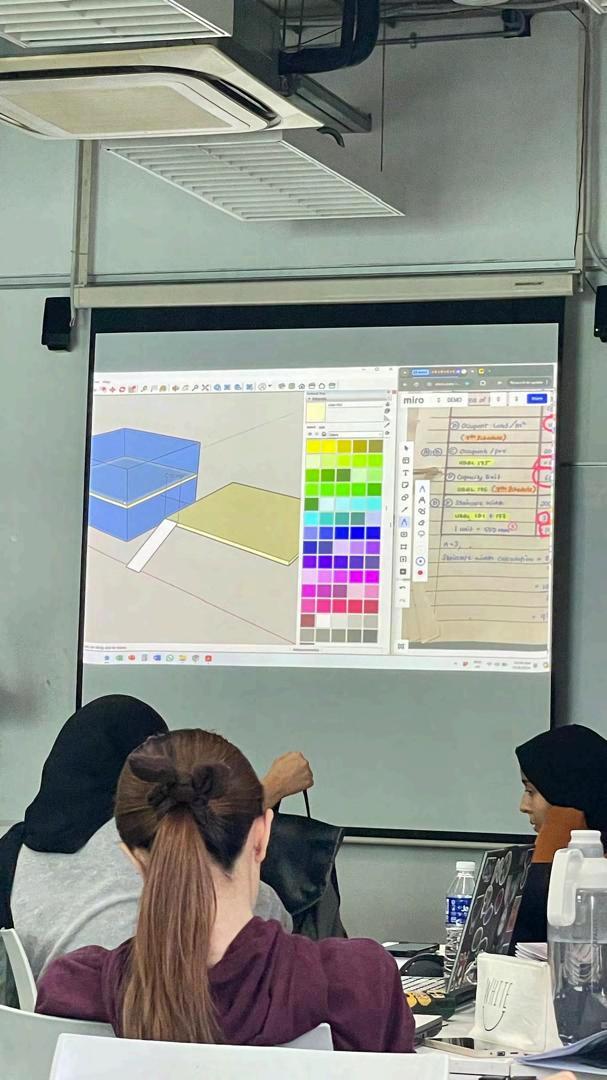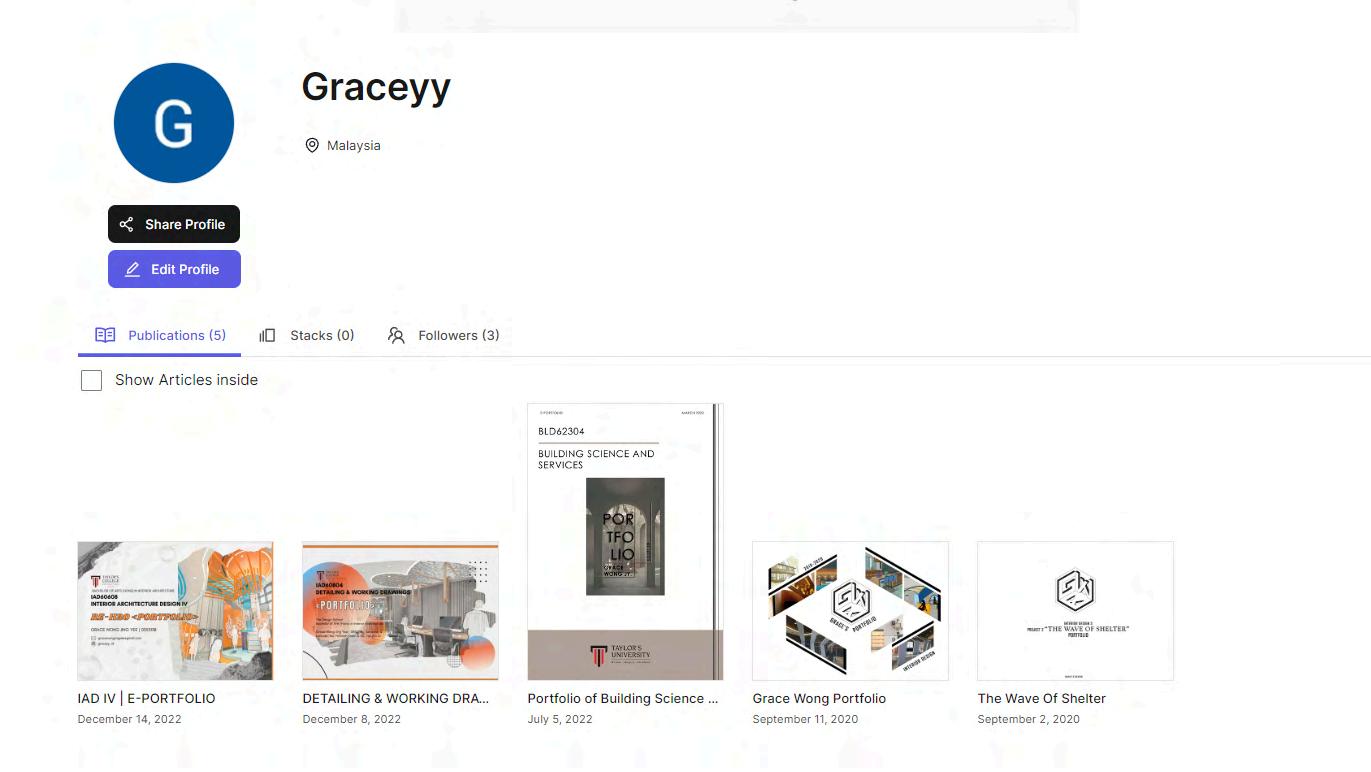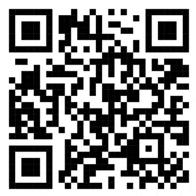

PORTFOLIO



PORTFOLIO
BA (HONS) IN INTERIOR ARCHITECTURE
ARC62604
Legislative and regulative dimension of interior design (GBI + Space, Light and Ventilation)
1 4 2 5 3 ASSIGNMENT1 ASSIGNMENT4 ASSIGNMENT2 REFELCTION ASSIGNMENT3
By Law Application & Prerequisites for building plan submission
Knowledge Exchnage : Forum + PDW Formation of Design Practice
Legislative and regulative dimension of interior design (GBI + Space, Light and Ventilation)
This assignment serves as an introduction to the standard of Professional Conduct and Practice.
It aims to outline the general Professional Conduct and self-discipline expected of Interior Designers registered with the Board of Architects (Lembaga Arkitek Malaysia).
At the end of this exercise, students will engage in knowledge transfer amongst their peers to understand, question and later apply in their individual projects.
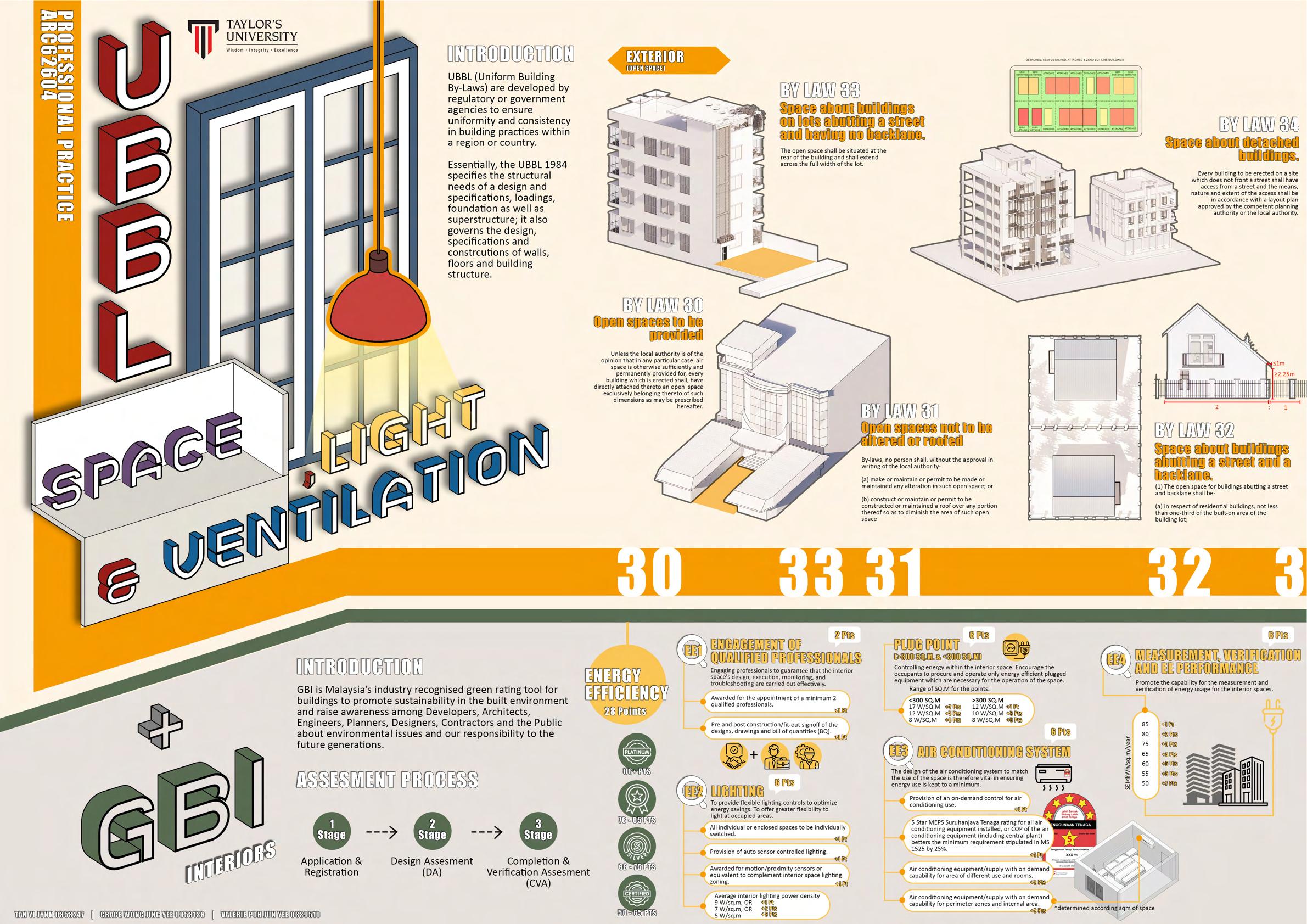
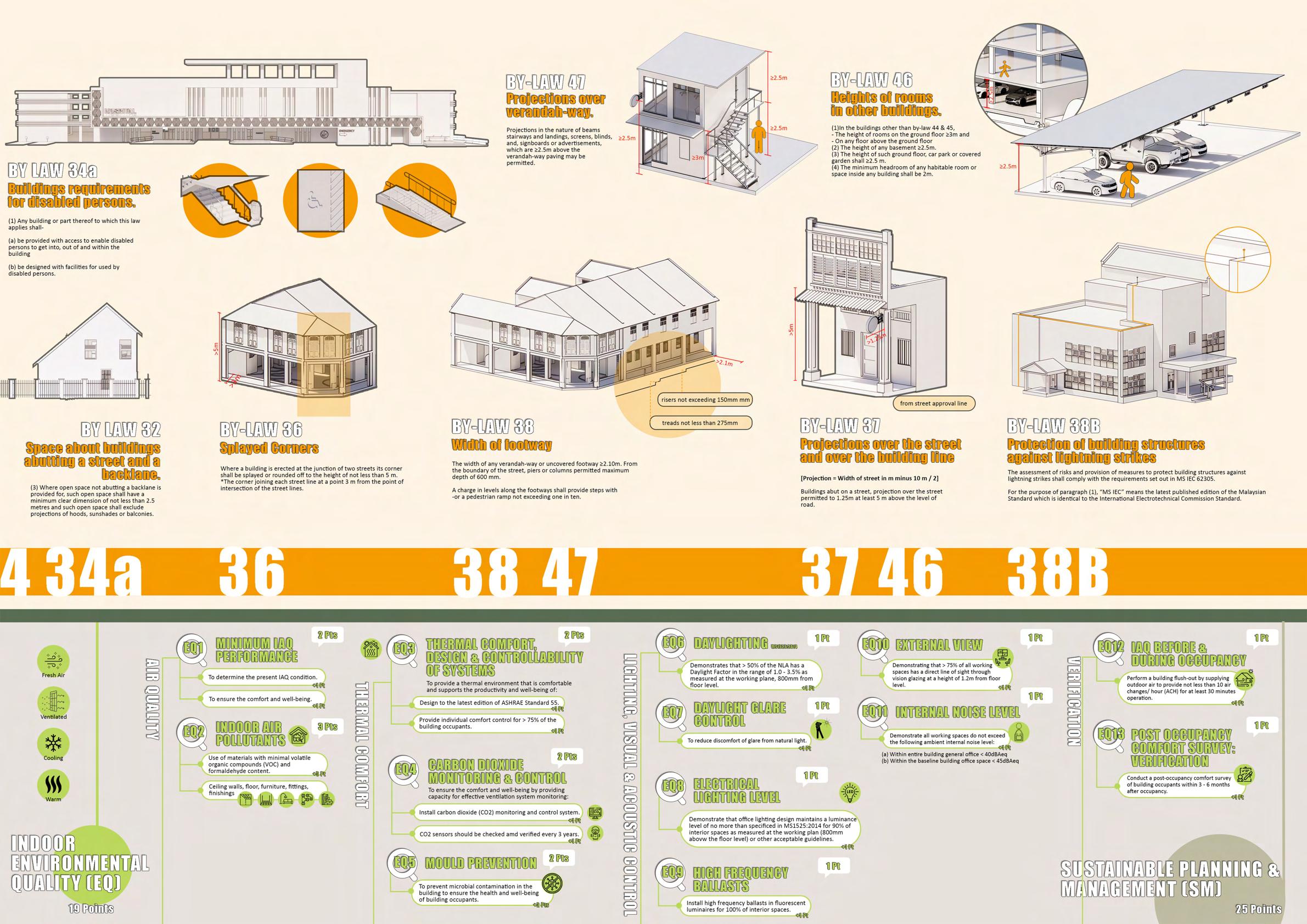

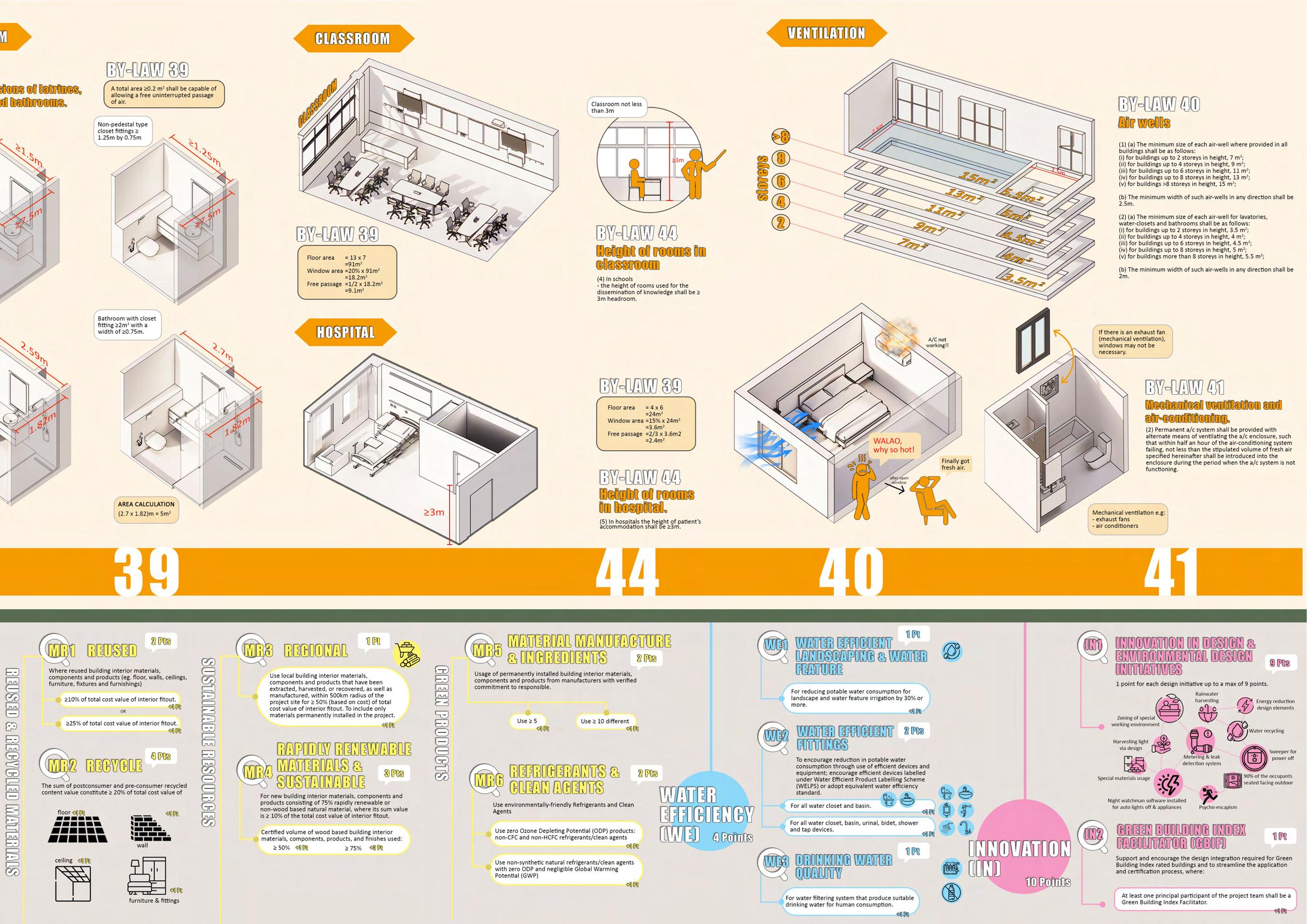
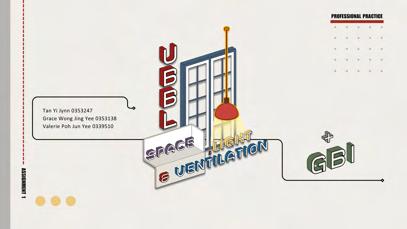
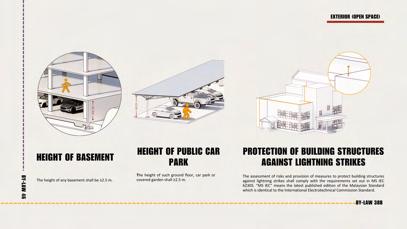
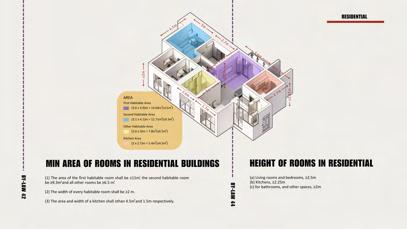
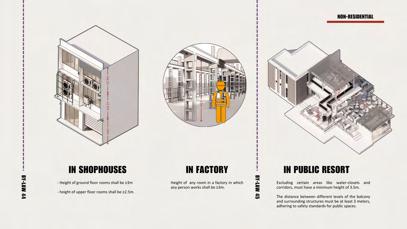
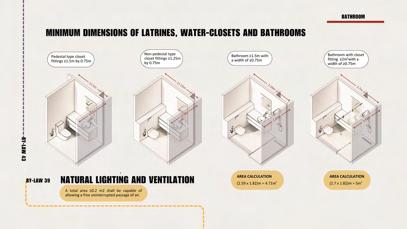
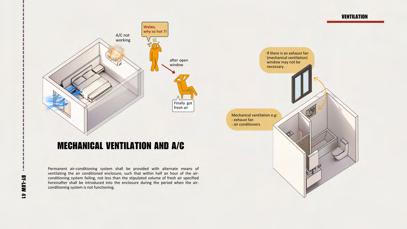
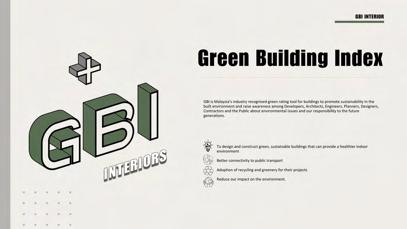
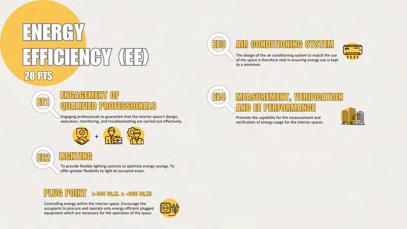
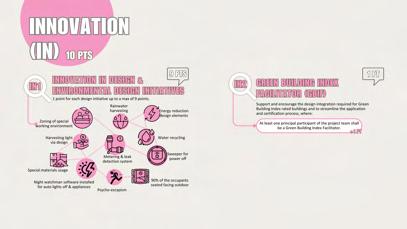
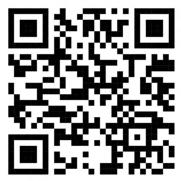
WEEK 02 (FIRST DRAFT)
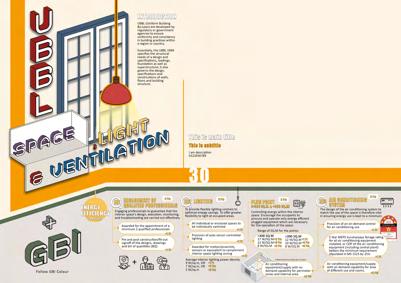
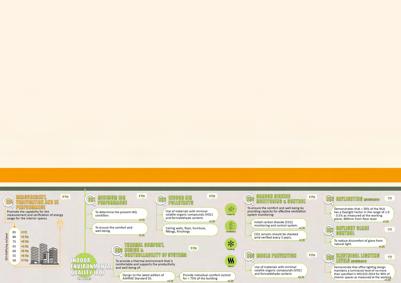
WEEK 03 (DRAFT SUBMISSION)
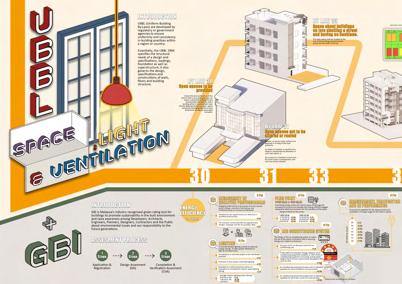
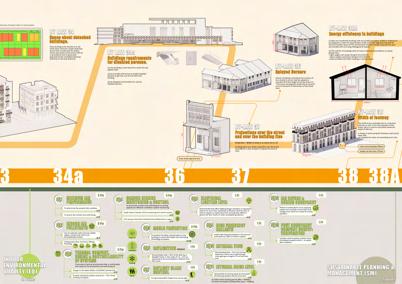
WEEK 05 (FINAL SUBMISSION)



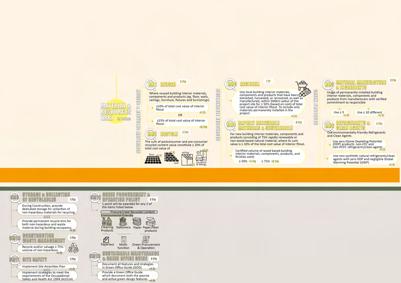
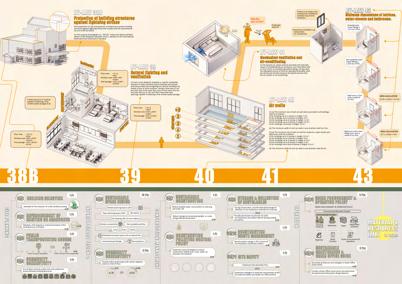
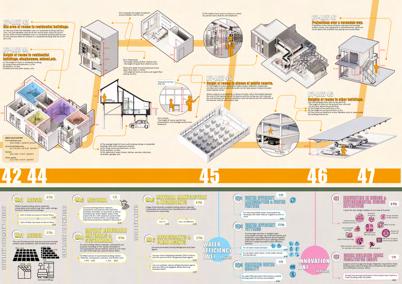
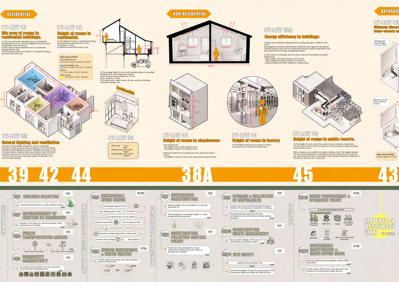
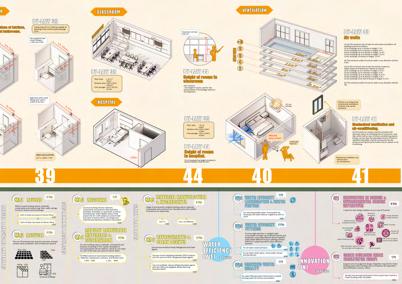
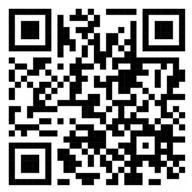
Legislative and regulative dimension of interior design
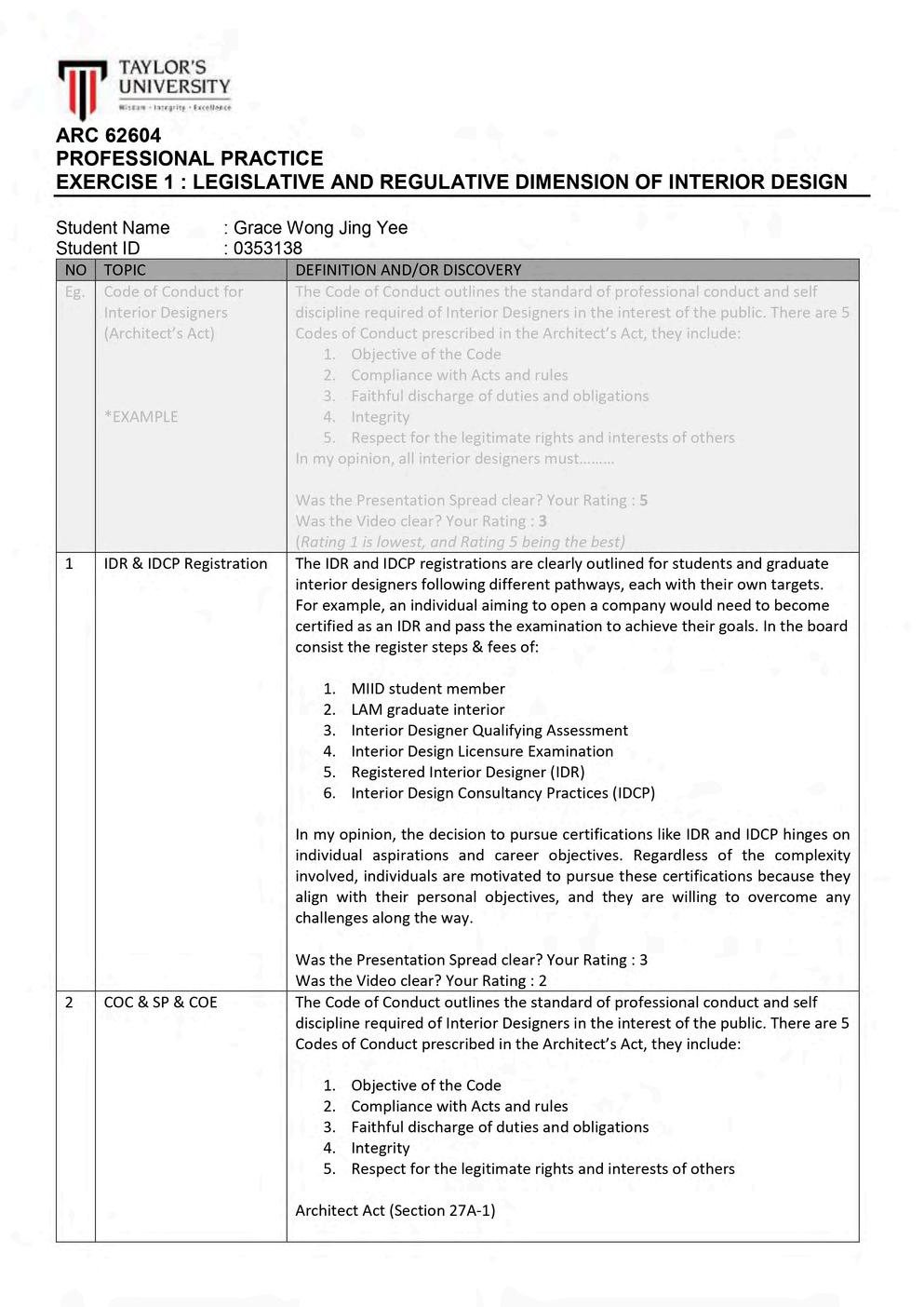

Legislative and regulative dimension of interior design
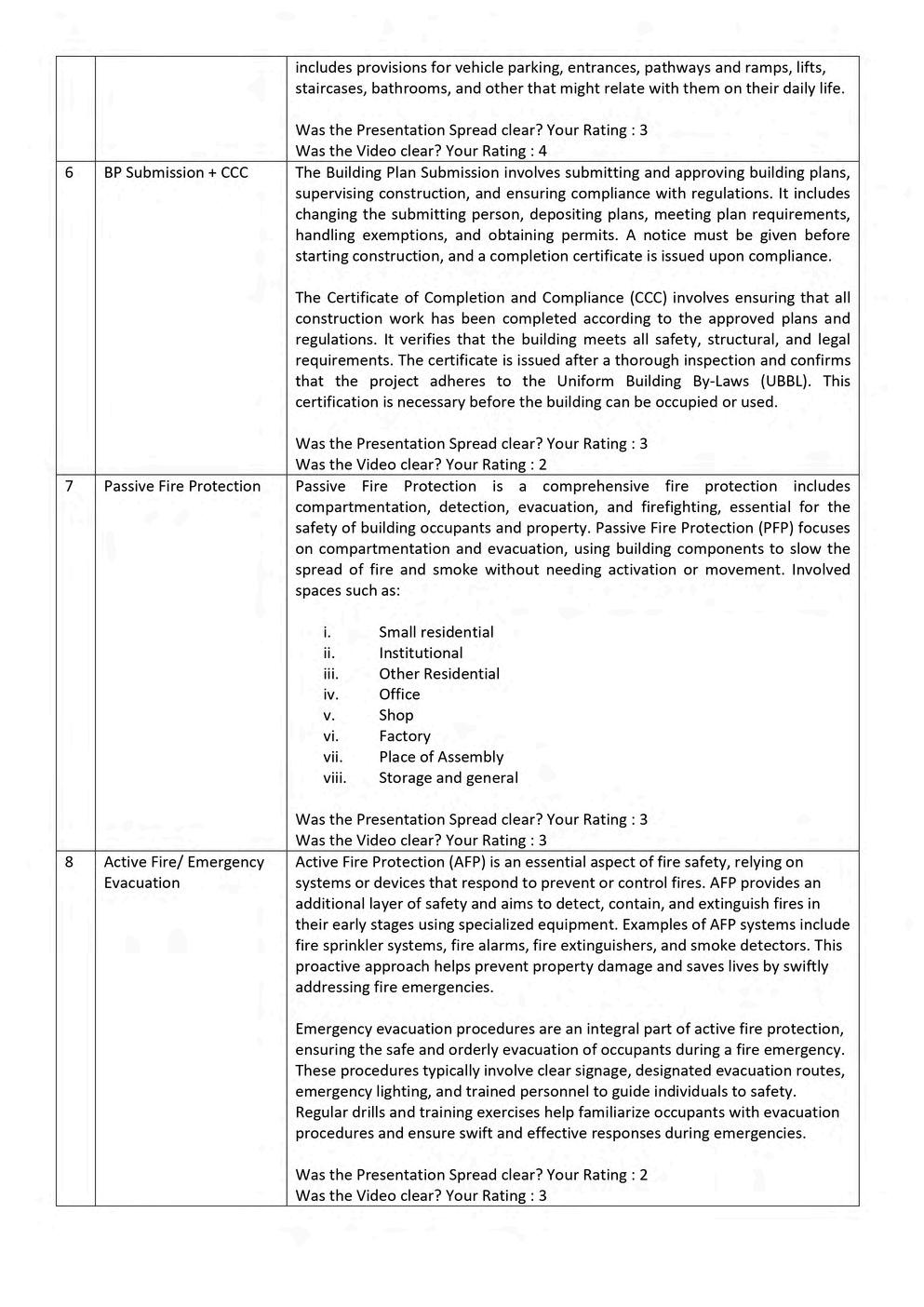
Knowledge Exchnage : Forum + PDW
This task is to encourage more democratic exchanges whereby in the online forum, each student has a voice that will be heard by anyone who chooses to read his or her comments. Students will experience personal and academic gains as result of their communication with their peers. The goal is for the students to gain professional interchange, and seek out ideas among their colleagues through electronic communication to facilitate the process.
Abstract:
As technology advances at an unprecedented pace, many professions/jobs are becoming extinct as they are replaced by computers and machines. How can we ensure that Interior Designers remain relevant and in demand in the future? This forum will explore strategies to leverage technological innovations, enabling Designers and Architects to push boundaries and lead the industry. Also, how would the rise of AI contribute to this matter. Discuss.
The mindmap summary:































Abstract:
A Completion and Compliance Certificate (CCC) is an essential legal document issued by the local authorities in Malaysia. It signifies that a building project has been completed according to approved plans and complies with Malaysian building codes, regulations, and safety standards.
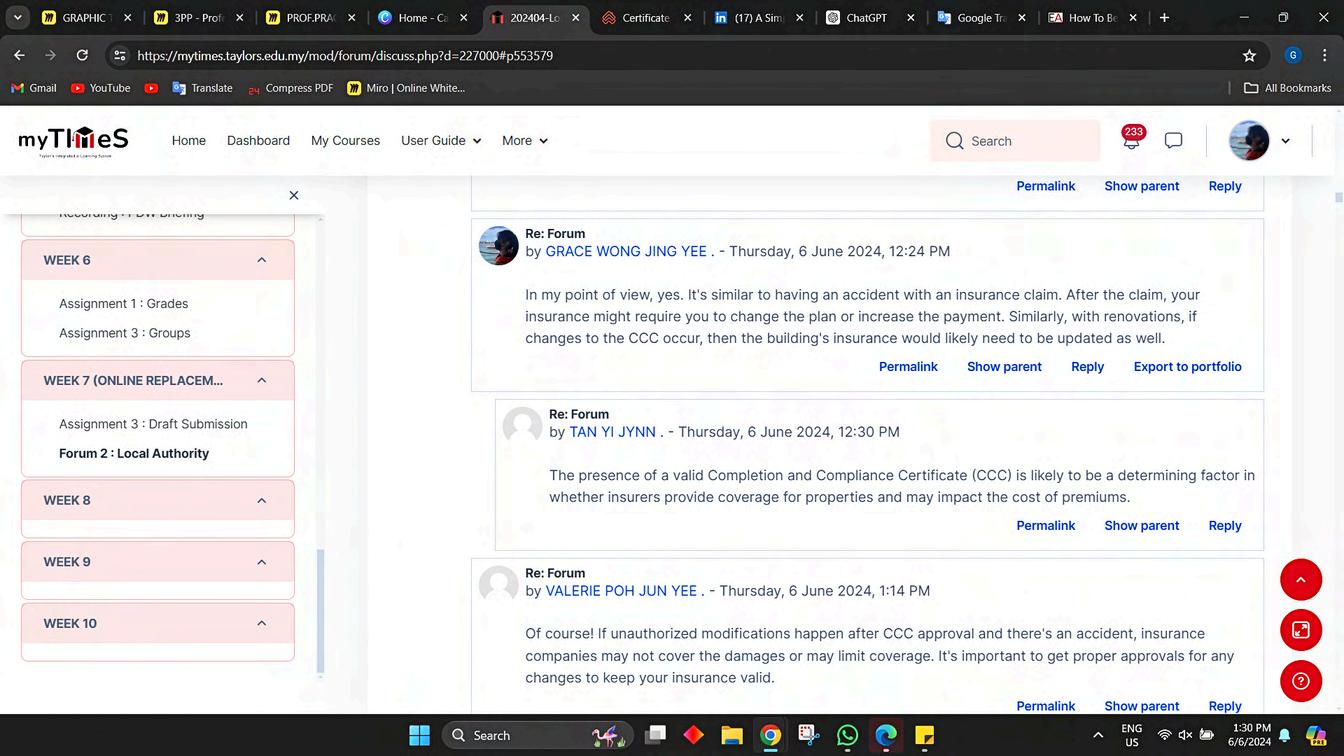
In Malaysia, it is mandatory to obtain a CCC before a property can be legally occupied. CCC confirms that a building is safe for occupation, emphasizing public safety. It also highlights the complexities and diligence involved in the application process, underlining the importance of transparency, adherence to regulations, and cooperation between developers and local authorities to ensure that structures meet the

Is CCC relevant for Interior Designers? Can we submit the Building Plan (BP) and CCC to the Local Authorities? Who is the PSP? Is a CCC still valid when a renovation/alteration to the original plans are done? How
Forum discussion:
The mindmap summary:

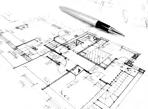
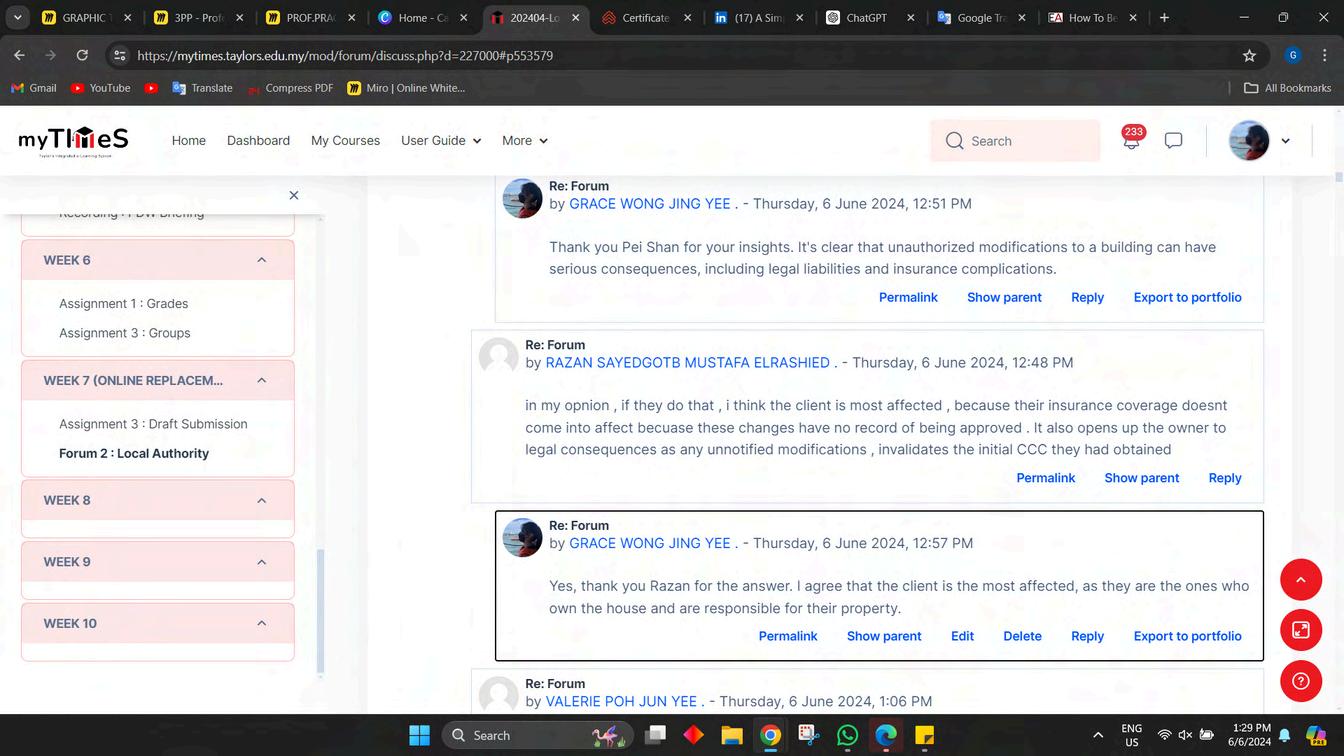





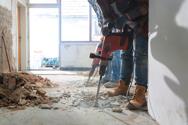


“UBBL 1984 UBBL guidelines on fire safety in buildings.”
Abstract:
Building designs comply with Malaysia's Uniform Building By-Law (UBBL) 1984, combining both passive and active fire protection systems for comprehensive safety measures. Can UBBL guidelines be further improved to address emerging challenges and advancements in fire safety? What recommendations would you propose for improving the effectiveness of UBBL guidelines in ensuring fire safety in buildings but not limiting architectural design and innovation?
We must have adequate knowledge of Fire requirements for the spaces we design. Discuss in detail why Fire Safety is important for Interior Designers, and not only Architects. Discuss.
Forum discussion:

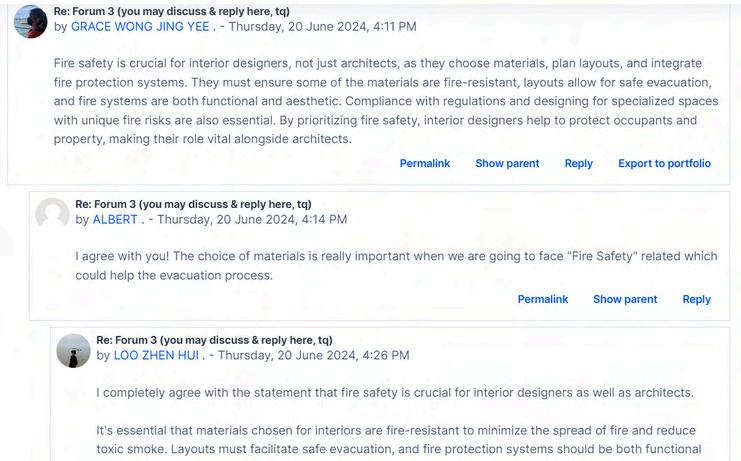
The mindmap summary:











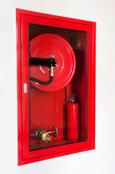







by

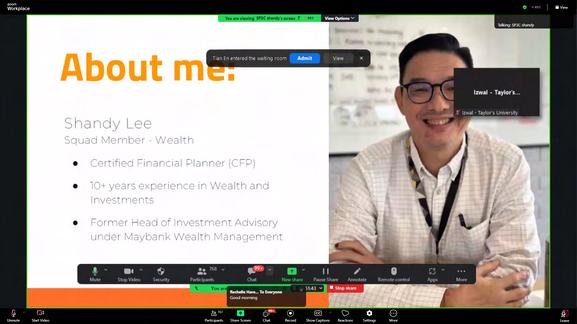
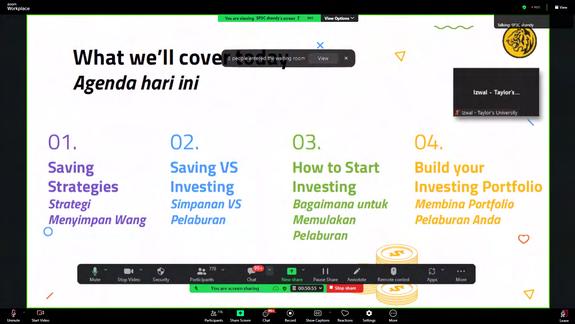












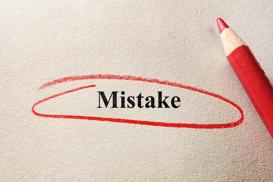
by Pos Malaysia (Charles Brewer)
Screenshot of the webinar:


The mindmap summary:
Keynote: “Aspire to Inspire”
10thJune2024 (2-3pm)











by Low Ngai Yuen
The mindmap summary:
10thJune2024 (330-430pm)
Screenshot of the webinar:
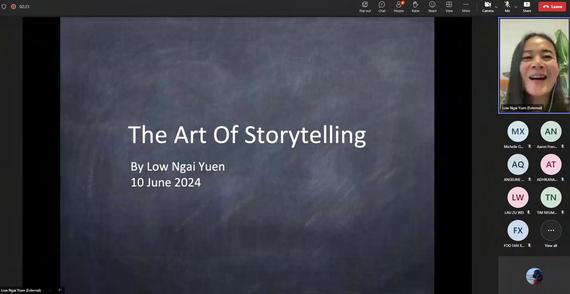
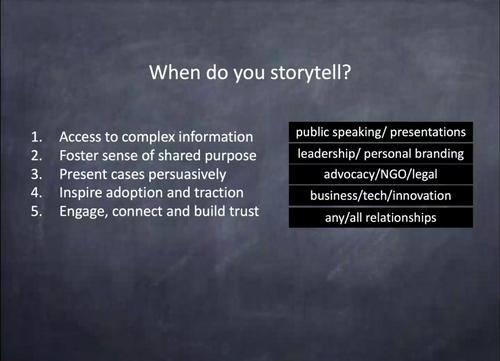
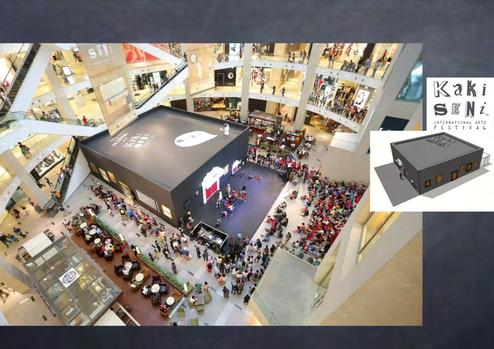















by Nurul Syafiqah
Screenshot of the webinar: 11st
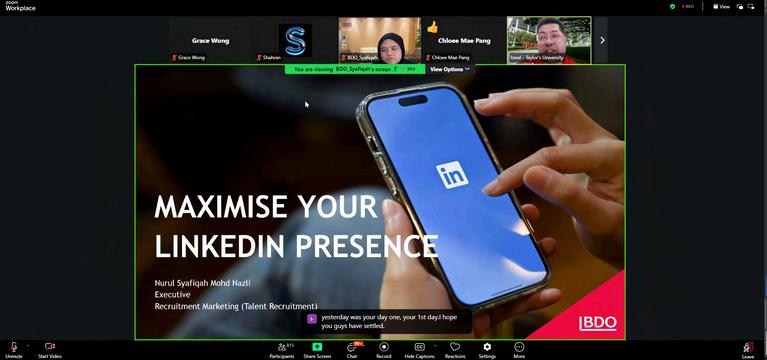

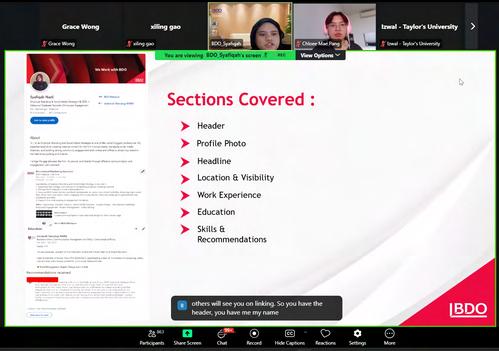
"Maximize
The mindmap summary:





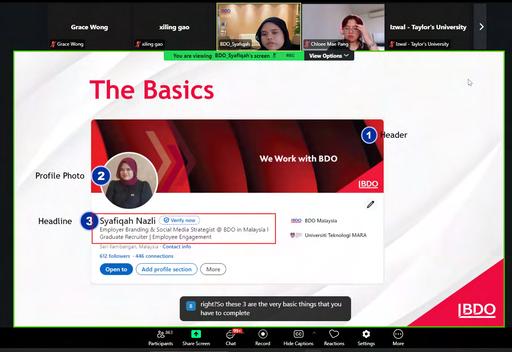

by Nurul Syafiqah Mohd Nazli from BOD


"Maximize Your LinkedIn Presence" 11stJune2024 (10-11am)
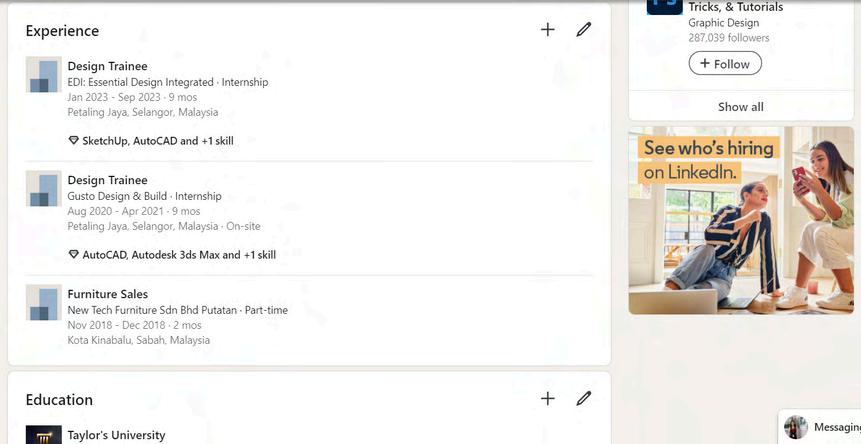
by Syah Kamaruddin from Veritas
Screenshot of the webinar:
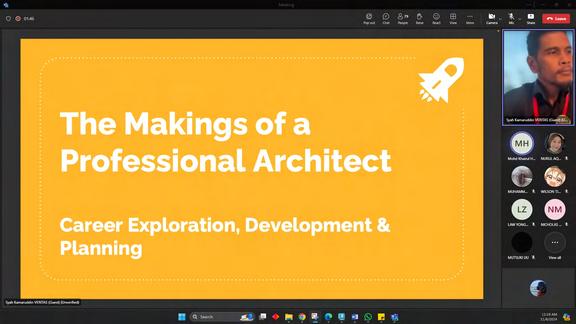
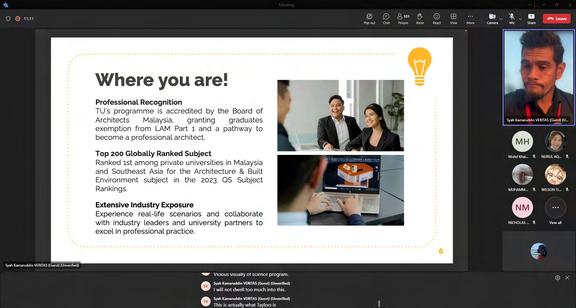

11stJune2024 (1130-1230pm)
The mindmap summary:



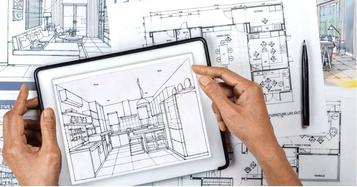



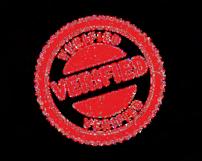

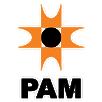



by Esther from Kabel
mindmap summary:
of the webinar:
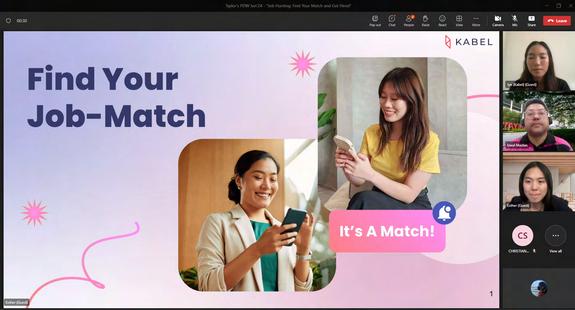
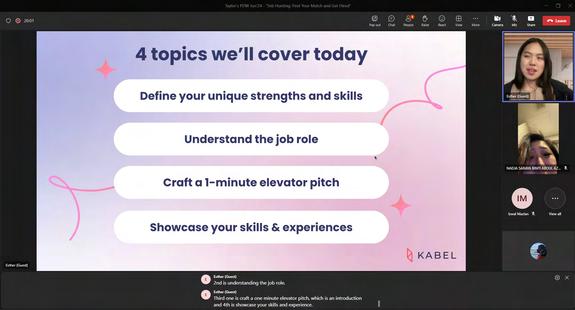
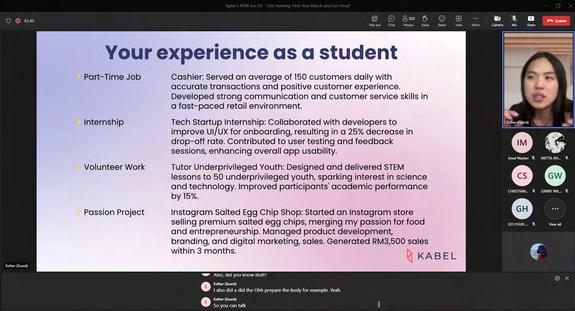











by Bella, Laurencia from Agoda
Screenshot of the webinar:
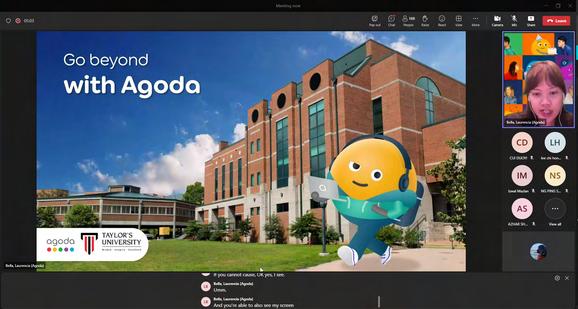
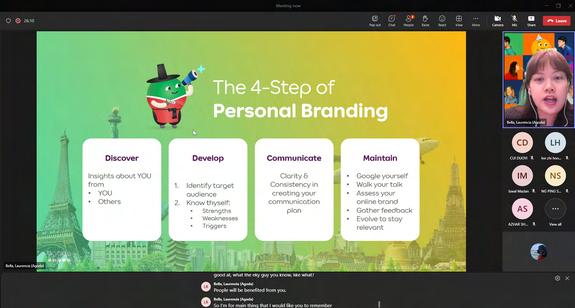
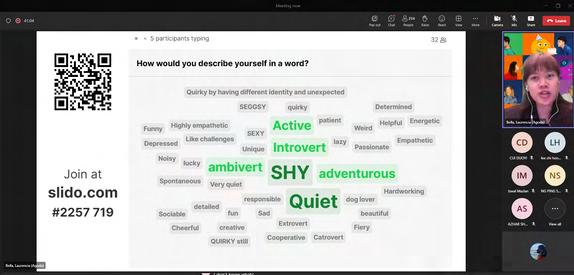
The mindmap summary:
How to Build Your Personal Branding at Work & During Interviews"









This assignment sets the scenario for students to to re-imagine and reconceptualize the ideal architectural practice of the future. Participants are encouraged to consider various challenges often faced by architects/designers and propose solutions, and innovative business models.
In deciding the desired business context, students need to evaluate critically the data obtained in Project 1. In doing this assignment, students will be clearer of their own vision and mission in forming their own design company within the business context. This is achieved through reflection of one’s own action and learning in applying effective business practices.
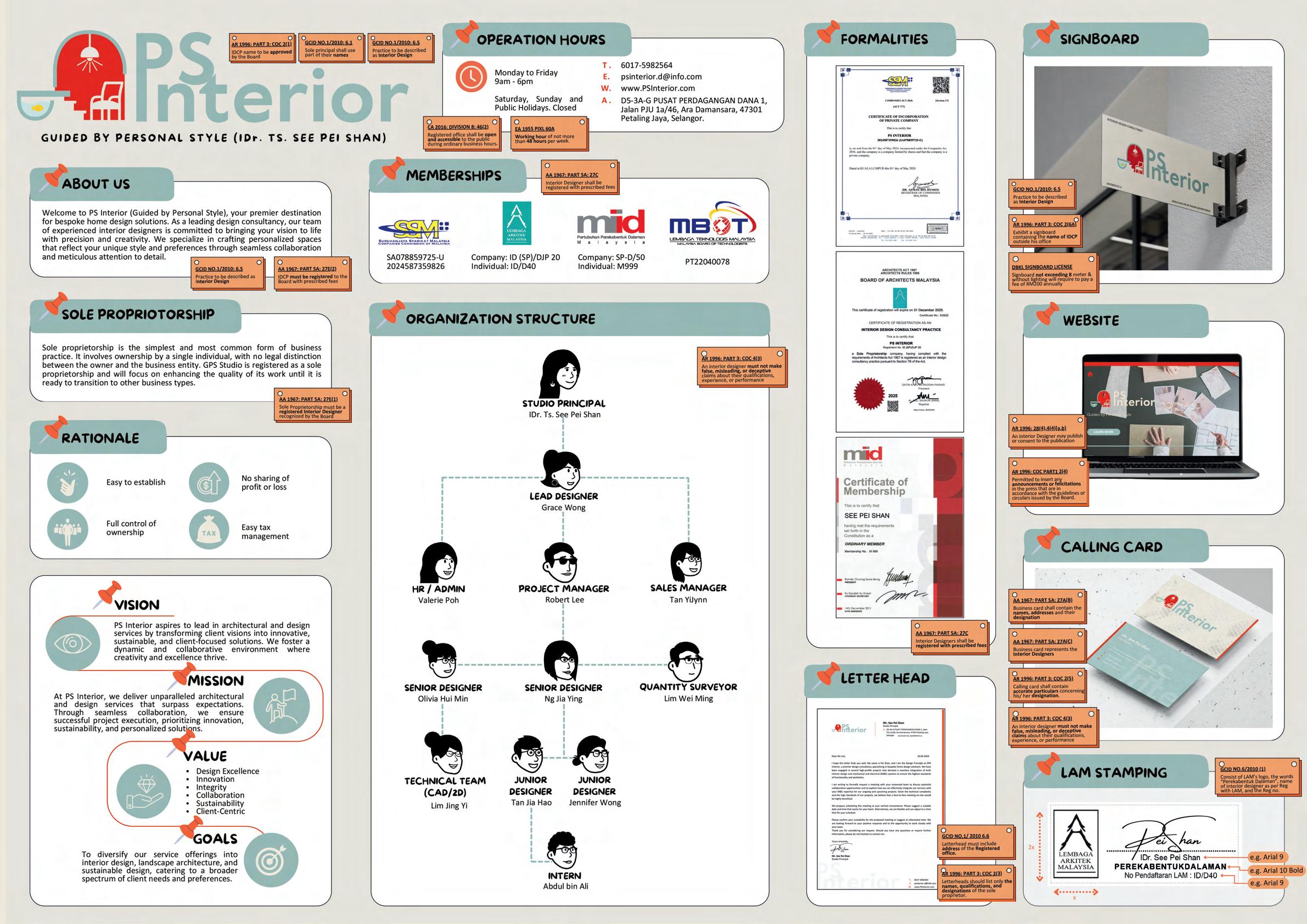
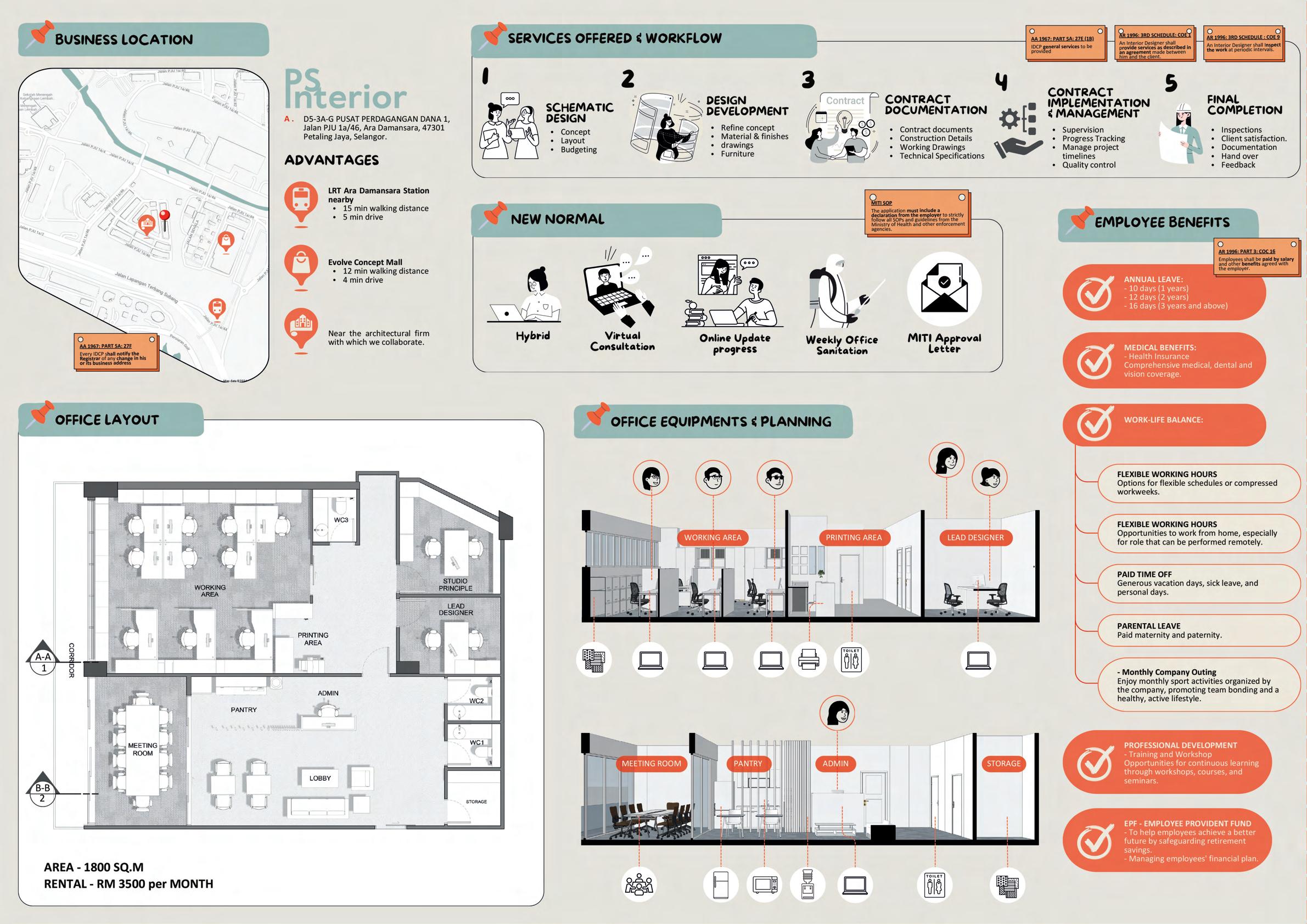
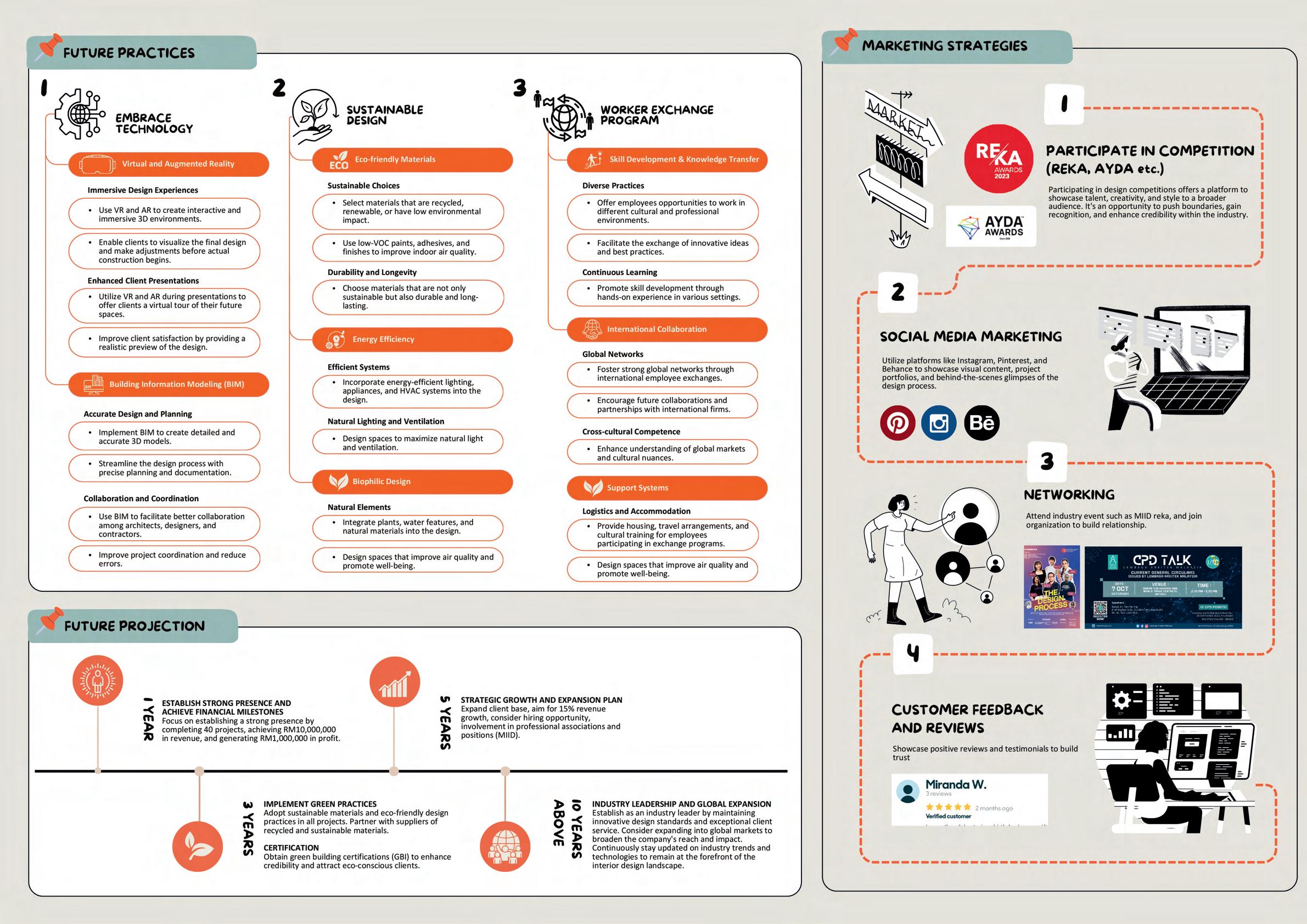
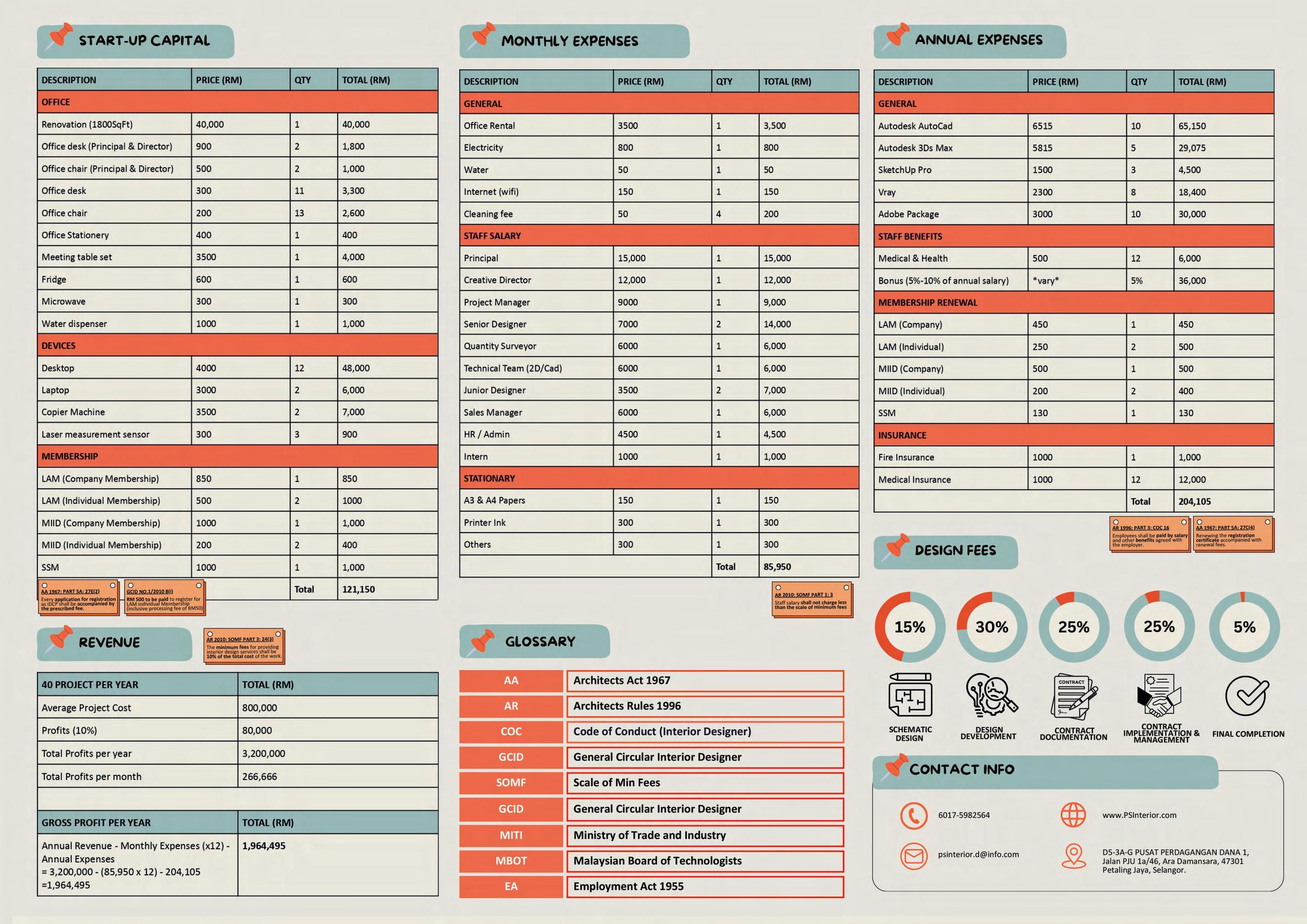

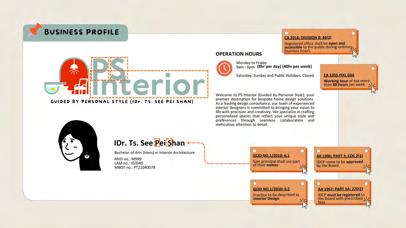

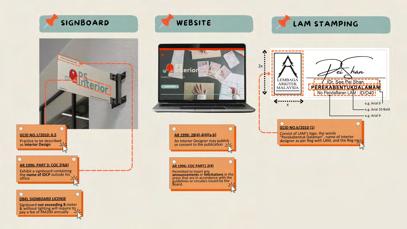
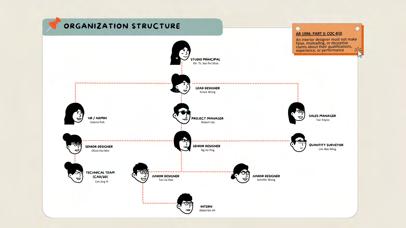
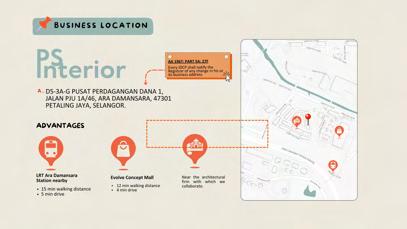
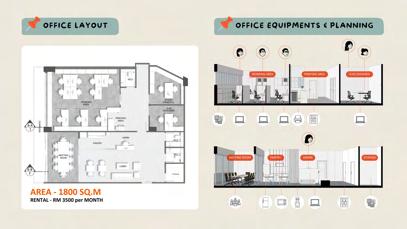
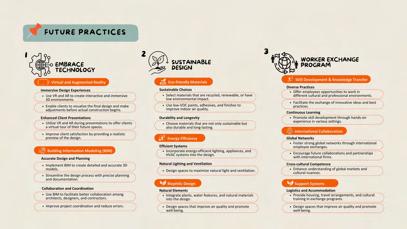
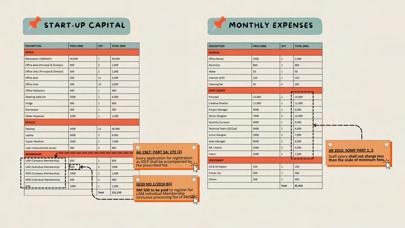
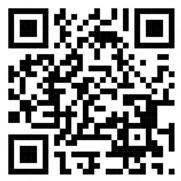
WEEK 07 (DRAFT SUBMISSION)

WEEK 09 (FINAL SUBMISSION)

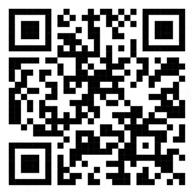
By-Law Application and Prerequisites for Building Plan Submission
This assignment allows students to apply their knowledge gained in Project 1 into their individual projects in AIAD2. Each regulatory, legislative, and technical provision must be illustrated into an informative report presentation with dimensions, drawings (including isometrics) and materials where necessary. Students will be assessed based on their ability to explain and apply knowledge and understanding to their Final AIAD2 Project.
This exercise serves as a working paper for AIAD. Students’ design shall not change or be influenced by the laws due to both module’s time constrain factor, instead, it acts as an overall guideline to address the next forthcoming steps before finalizing the building plans. Thus, students are asked to identify non-compliance by marking an (x) and describing the next course of action for design rectification. This rigorous process is essential to ensure compliance with the law before the drawings can be submitted to the Local Authority.
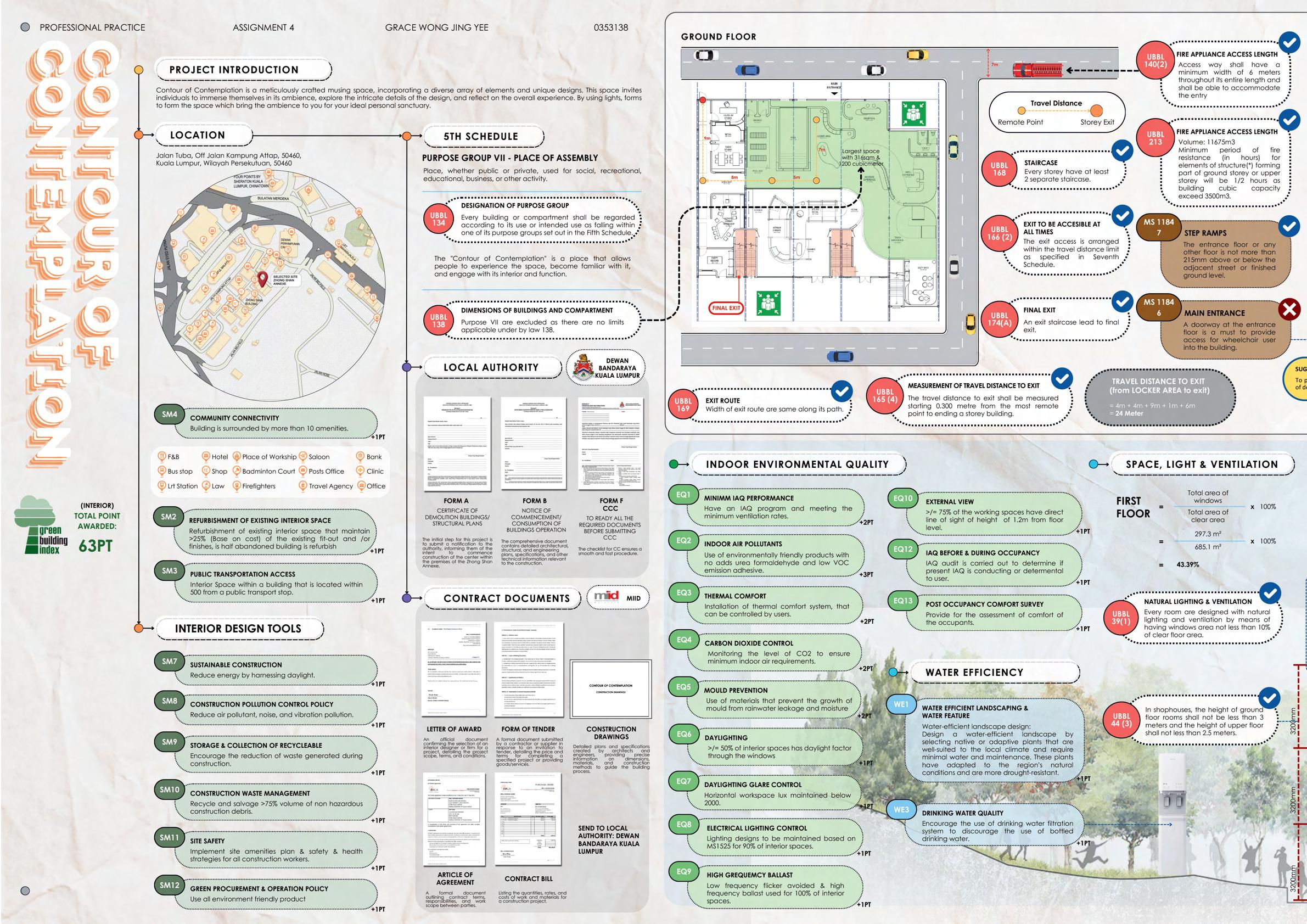
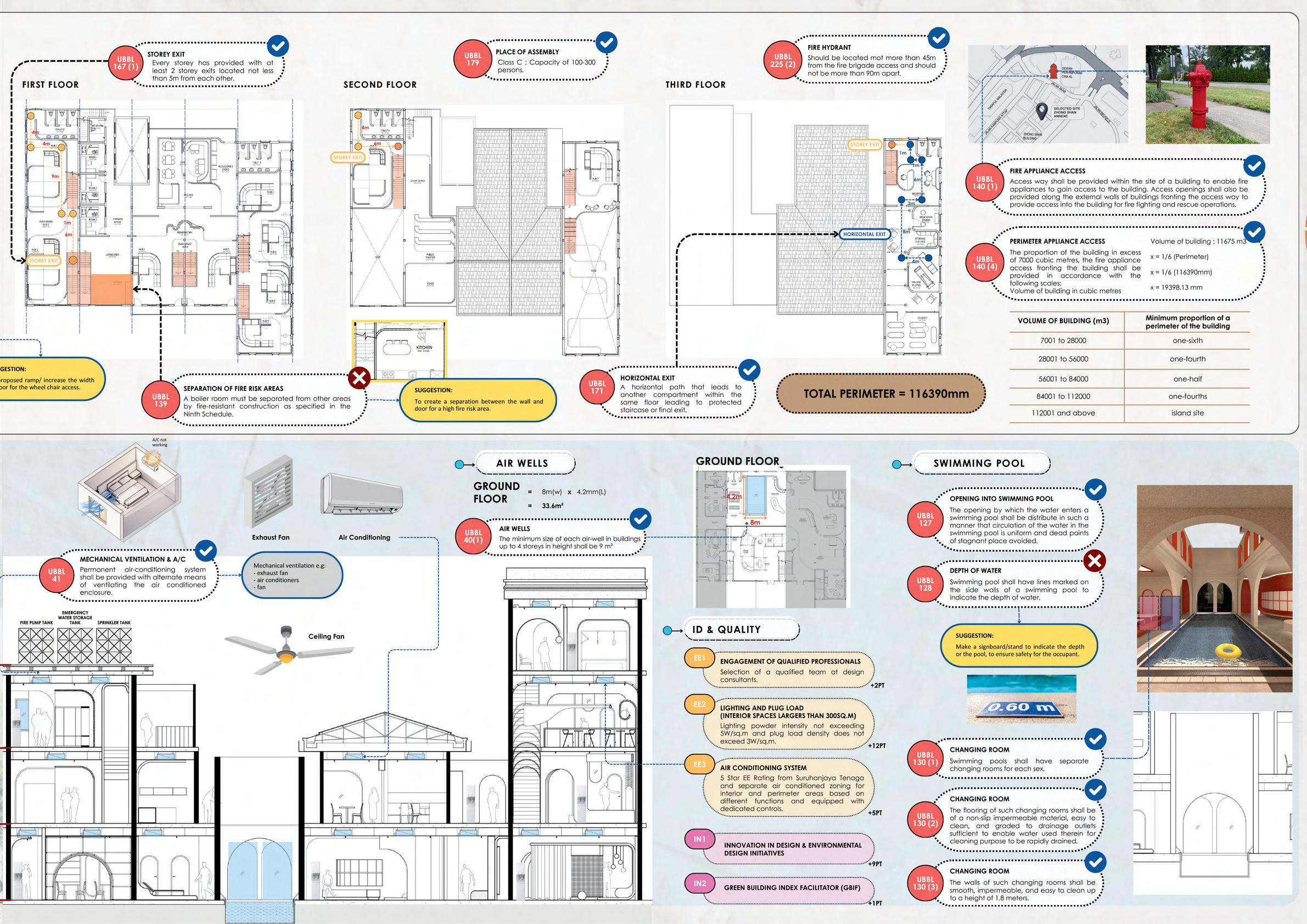
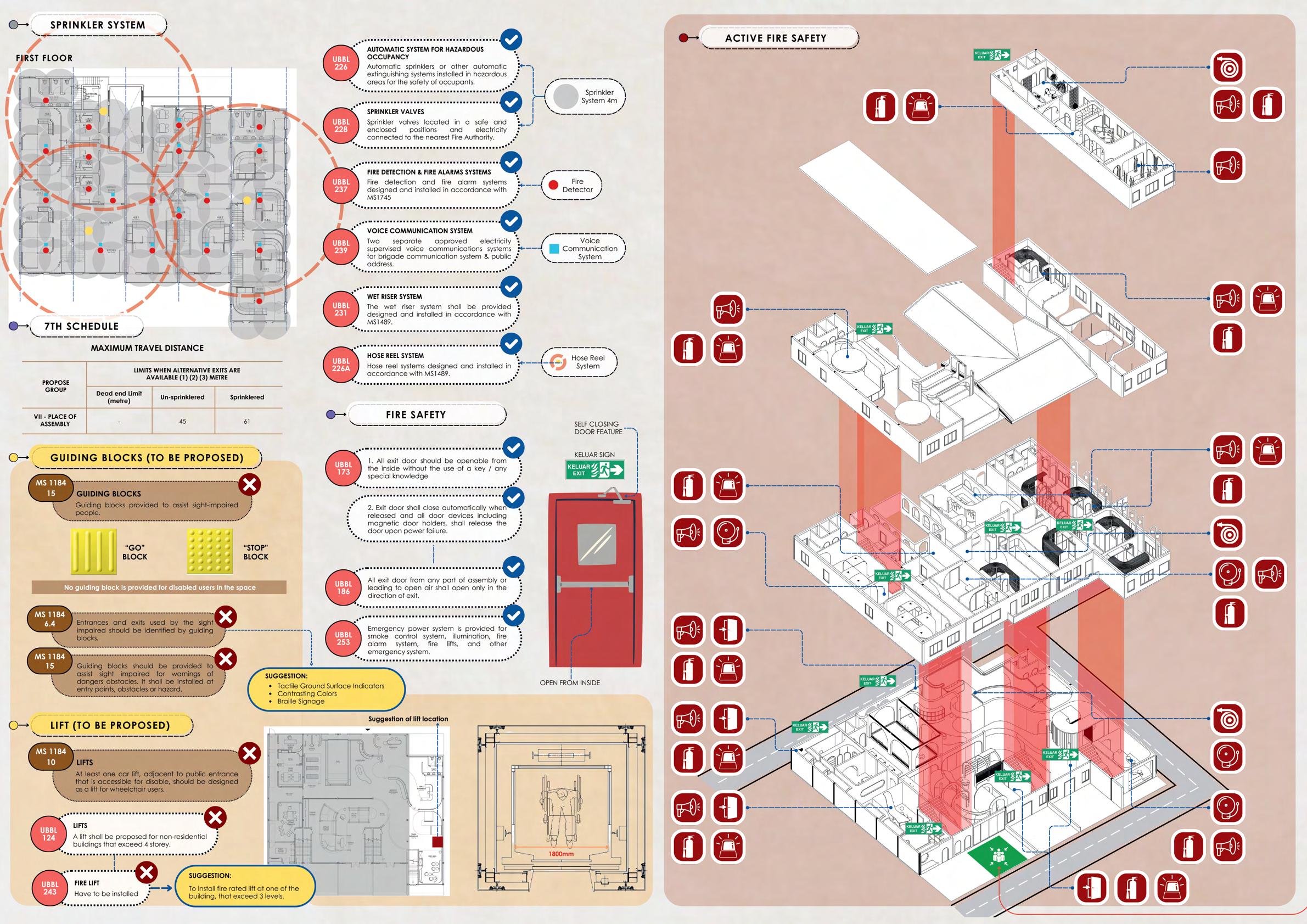
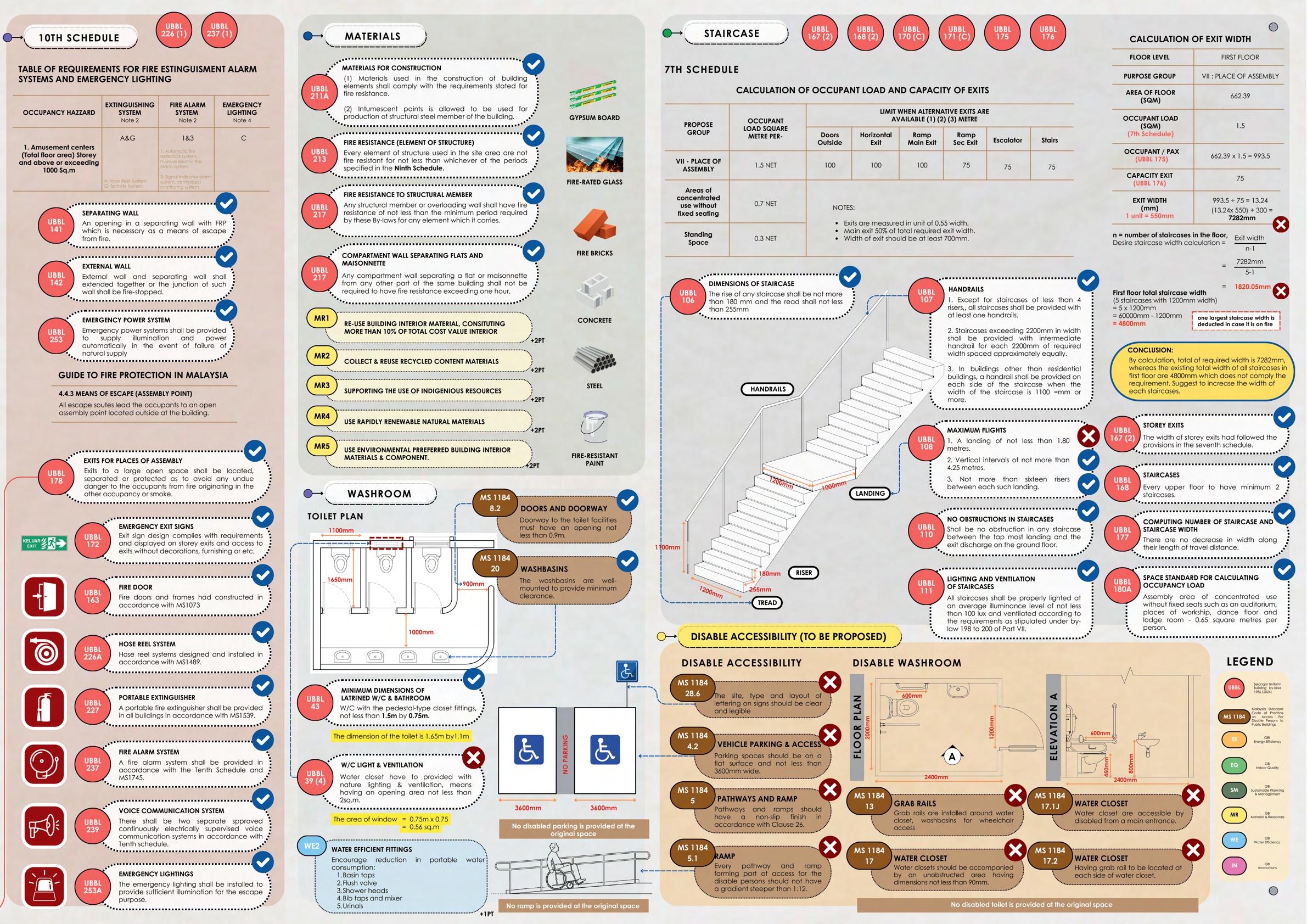
WEEK 12 (DRAFT SUBMISSION)

WEEK 14 (FINAL SUBMISSION)

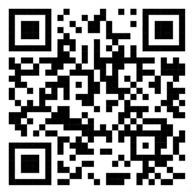
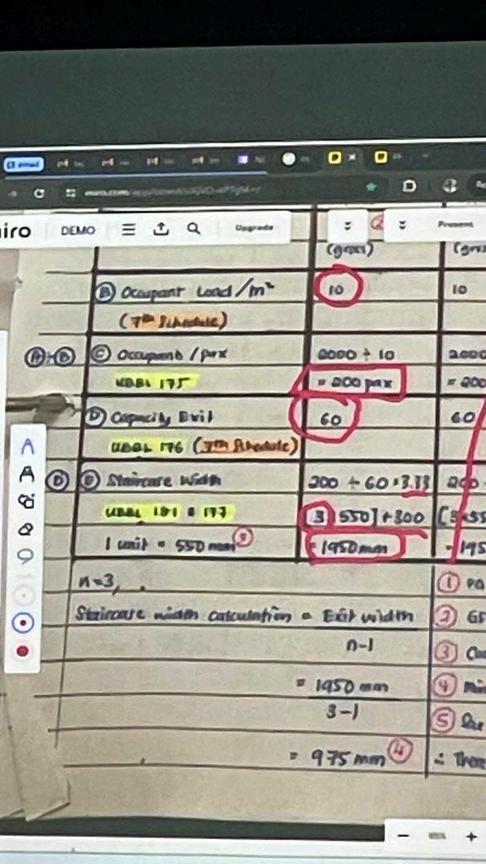
To conclude this module, I found the learning process to be challenging and sometimes slow, particularly when trying to understand all the laws and requirements. Despite this, I thoroughly enjoyed the entire learning experience, whether through group projects or individual assignments, as theywerebothinterestingandenjoyable.
Thismodulesignificantlyenhancedmyunderstandingofvariouslegalaspects,improvedmytechnical skills, instilled a strong sense of professional ethics and entrepreneurial spirit. I now feel wellprepared equipped to navigate the dynamic landscape of the design industry, armed with both knowledgeandaclearsenseofpurpose.
